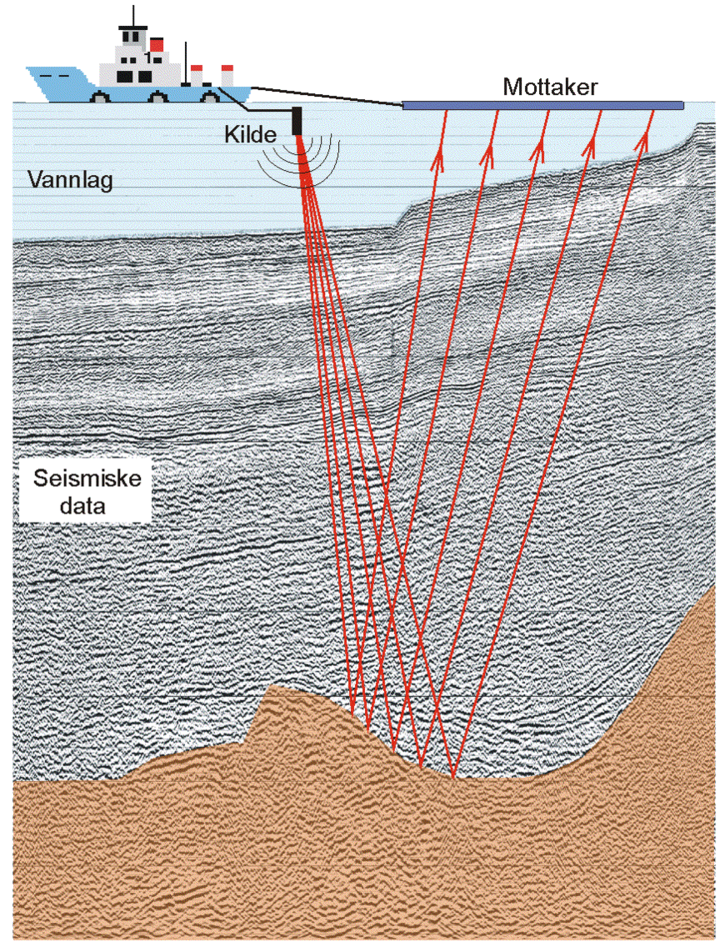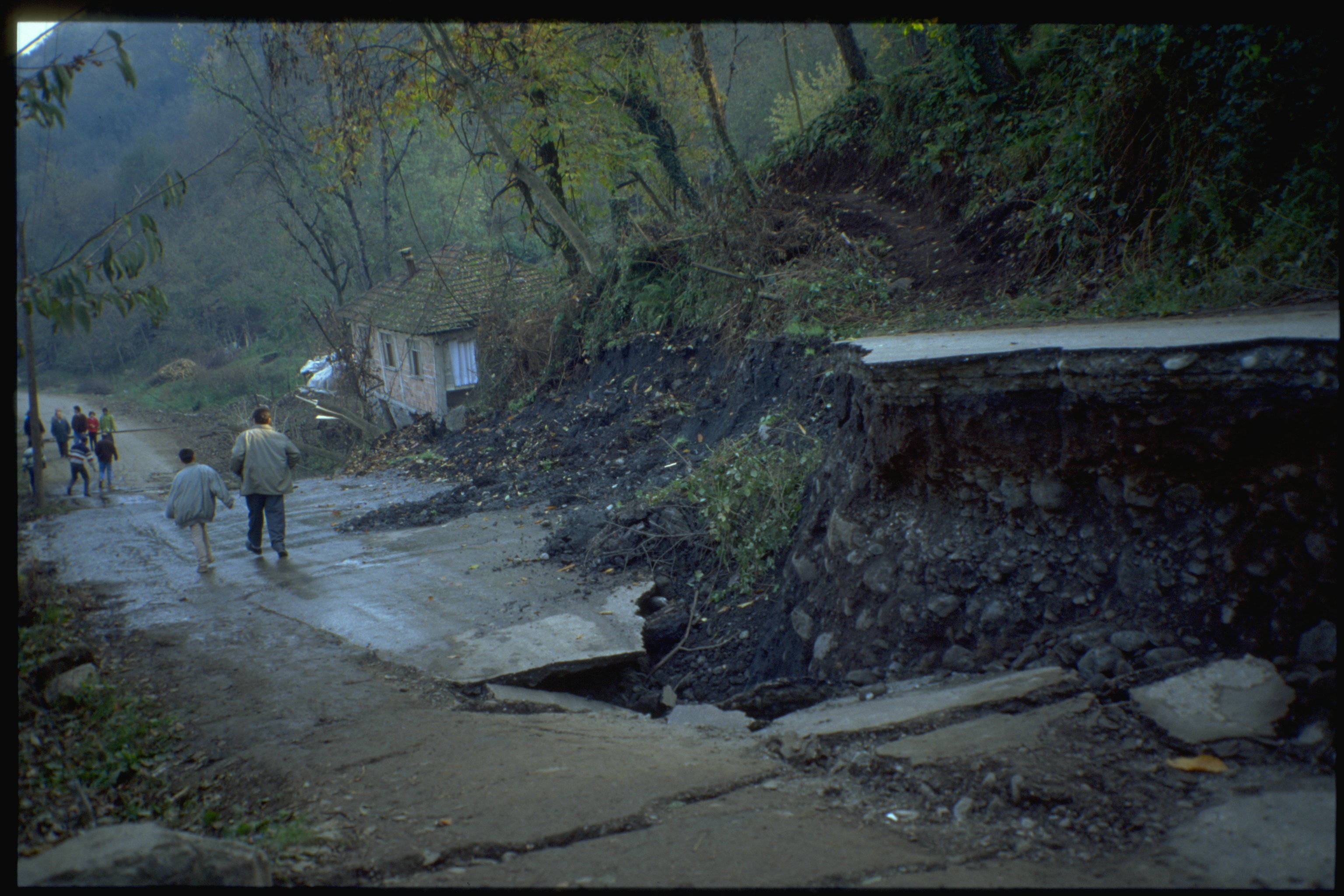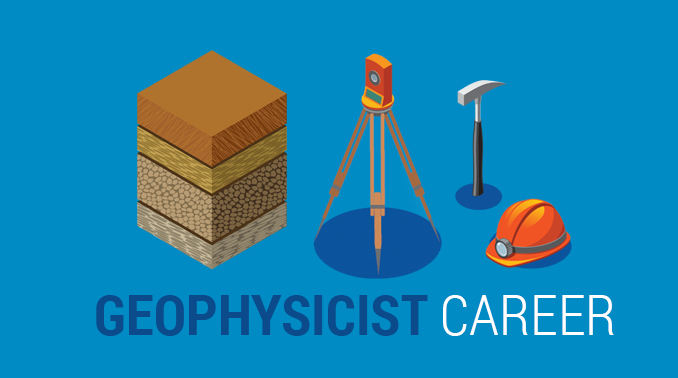All Categories
Featured
Table of Contents
Geophysicist - Salary, How To Become, Job Description & ... in Belmont Western Australia 2023
This work is increasingly contracted out, so consultancies supply another source of work. Consultancy companies differ in size, from extremely little business to large multinationals. Some consultancies are rather specialised in using particular geophysical methods or operating in specific places, while others use a more diverse variety of services to their clients.
The extraction of gas from landfill sites is another area of employment and this may grow in the future. Exploration business might carry out work for building and construction companies, water companies, mining business and environmental agencies, so geophysicists might be used in any of these settings. Other employers consist of: geological surveysgovernment bodies and agenciesuniversities and research institutes.


Jobs may be noted in the oil and gas sector press. Recruitment is impacted by oil rate fluctuations and the level of competitors for positions differs depending on this. Professions Days, which cover the full range of geoscience careers and are typically gone to by a number of essential industry employers, are run by The Geological Society.
Geophysical Survey Services in Upper Swan Western Australia 2020
Some of the large oil and gas companies offer a full two-year structured training program across the breadth of geophysics, consisting of the chance to experience operate in various teams prior to specialising in one location. Your training might include work on: existing wellsmagnetic and gravitational prospective field data analysisresearchrock analysis. It's more usual for your preliminary training to be offered on the task.

There may be a probationary period throughout which you work alongside an experienced associate. Competency-based appraisals happen regularly in many companies. In smaller firms, and for academic posts, there is unlikely to be any formal training - you'll be expected to begin work straightaway and get abilities as you go along.
If you work for a smaller sized business, you may find that you require to take duty for setting up and funding your own development and training. If you have a geology degree, membership of The Geological Society can be helpful for networking and for keeping up to date with the market.
Geophysicist Salary in Attadale Australia 2021
You might likewise find it useful to sign up with the PESGB (The Petroleum Exploration Society of Great Britain, which has a geophysics special interest group. After a probationary duration, and when you've gotten some experience, you might progress to senior geophysicist, then group leader and then into a senior function in management.
The ease of movement between functions depends upon the company structure. Research study at Masters or Ph, D level in a subject associated to geophysics or geosciences may aid with your career advancement and progression. The work market within the oil and gas market is really depending on cost and this may affect your opportunities for career development.
However, not all jobs are dependent on the oil and gas industries. For skilled geophysicists, freelance consultancy uses a good route for profession advancement. You can also specialise in a specific location of geophysics. As a geophysicist, you're likely to have several tasks throughout your working life. Global movement is vital for dealing with peaks and troughs in various countries at various times.
Geophysical Methods in Glendalough WA 2022
From geophysics, it's possible to focus on seismology (finishing more training to end up being a seismic interpreter) or to move into related locations such as engineering geology or risk forecast.
Choosing what to study in college is a tough choice. Even if you know that your field of interest depends on science, what program of study is right for you? If you make the choice to significant in physical and biological sciences and pursue a career as a geophysicist, you're getting ready for an interesting and profitable profession.
The first step to accomplishing your objective of ending up being a geophysicist is making a degree. Even for entry-level positions in the field of geoscience, you'll require a bachelor's degree (a geophysicist college degree) from a certified college or university. Geophysicists should be able to: evaluate rocks, photos, and other pieces of data conduct research study both in the field and in laboratories produce maps and charts of their findings compose reports To accomplish all this, trainees need a specialized education for geophysicist professions.
As specified above, you'll need a bachelor's degree in geoscience or a related discipline, such as a physical science or a natural science, to land an entry-level job. However students can likewise prepare by learning subjects like: Biology Chemistry Computer technology Engineering Mathematics Physics The above geophysicist majors offer a more generalized technique to a single clinical discipline, but many programs need trainees to take one or more geology course.
Latest Posts
Geophysical Surveys Definition & Meaning In Stock ... in Murdoch Oz 2023
About Environmental Geophysics in Middle Swan Aus 2022
Geophysicist Job Description in Australia 2021